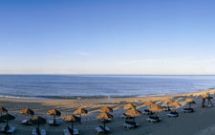Portugal is Art
In Portugal, you’ll find art on every corner and through every medium. In the landscapes, wine routes, and flavours, in the strength of the sea, the traditions kept alive, and in the creativity of emerging artists. Every detail of Portugal reveals the country as an open-air gallery, where each experience - whether in nature or cultural urban centres - invites you to discover its artistic essence.
Crafts | Wine Tourism
Portugal’s craftsmanship reflects centuries of history, encompassing techniques and knowledge passed down through generations. Pieces made out of ceramics, cork, and lace continue to be created by artisans who preserve the country’s cultural legacy while exploring innovative approaches that give traditions a new look, standing as examples of transformation. This is the case for the Curated Cultural Experiences project, which promotes dialogue between masters from other times and new creators, reinventing craftsmanship and expanding its reach.
Wine production is another example of ancestral know-how being kept alive. Vineyards cultivated with dedication and production processes that respect natural cycles highlight the connection between the craft and the land. Producing unique grape varieties, the country's wine routes and winetourism invite you to explore this heritage on visits to vineyards and wineries.
Both in terms of its crafts and wine production, Portugal provides experiences that highlight cultural diversity and creativity.
surf
Urban Art | Surf
Urban art and surfing share a connection that goes beyond individual expression; both reflect cultural identity and the spirit of freedom. Just as artists reinterpret walls and buildings, surfers find new ways to observe and ride waves, reinventing the relationship between humans and nature. This parallel drawn between the creative energy of cities and the impetus of the sea shows the extent to which art and sport are intertwined in Portugal.
Covilhã has made a name for itself as a cultural reference by integrating both its industrial past and new artistic expressions into public spaces. The country’s oldest urban art festival, Wool | Covilhã Urban Art, transforms the city's streets, attracting Portuguese and international artists to create murals and installations that reinterpret the environment. The programme includes guided tours that take visitors past works inspired by local traditions and the surrounding Serra da Estrela landscape.
Surfing also shapes the culture of coastal regions, with the sea serving as a canvas. Areas such as Ericeira, a World Surfing Reserve, and Nazaré, known for its giant waves, reflect the same experimental and challenging approach taken in urban art. These are fleeting, high-adrenaline moments that become memorable experiences.
Architecture | Music Festivals
In Portugal, architecture spans different eras and styles, reflecting the rich nature of the country’s national heritage. Monuments such as Braga Cathedral, Batalha Monastery, the University of Coimbra, the Francisco Church in Porto, the Jerónimos Monastery in Lisbon and the Convent of Christ in Tomar showcase the architectural diversity on offer. Modernity blends with this tradition in works by architects such as award-winning Siza Vieira, whose pieces in places such as the Serralves Museum of Contemporary Art in Porto provide an innovative reinterpretation of the space.
The link between heritage and innovation can also be felt in music festivals, which adapt to both historical settings and rural landscapes. The BONS SONS Festival, which takes place in Cem Soldos, a small village in Central Portugal, demonstrates how music can revitalise traditional spaces. In the Alentejo, the Terras sem Sombra Festival features performances in churches and monuments, where the musical experience is enriched with activities linked to popular culture and local traditions. The FIMM – Marvão International Music Festival hosts concerts in historic locations, creating a unique fusion between classical music and heritage.
In contrast, major events such as NOS Alive in Lisbon, Primavera Sound in Porto, and Festival F in Faro highlight the country’s ability to integrate music into its urban landscapes.
Religious art | Well-being
Religious art is deeply linked to the country’s history and identity. Locations such as Braga Cathedral, Batalha Monastery, the National Museum of Ancient Art, or the Church of São Roque preserve a heritage of tiles, altarpieces and frescoes, each of which invites contemplation. In addition to exhibiting religious art, these locations also operate as havens of serenity, where visitors may find peace and spiritual introspection.
Sought after by tourists and pilgrims alike, this tranquillity also extends to nature, where moments of reflection take on a new dimension as visitors come into contact with the great outdoors. The Caminho de Santiago is an experience enriched by the spirituality of the journey, which, in Portugal, takes pilgrims through picturesque villages, rural landscapes, and historical monuments. The pilgrimage provides various moments of introspection as hikers follow the trails leading to their final destination.
Enjoy experiences that combine inner peace with the surrounding environment, creating a unique connection between cultural heritage and nature.
Modern Art | Cuisine
Contemporary art and cuisine reflect a creativity that reinterprets tradition. Locations such as the Modern Art Centre (Calouste Gulbenkian Foundation), MAAT – Museum of Art, Architecture and Technology, Serralves Museum of Contemporary Art, and MACE – Elvas Museum of Contemporary Art provide a broader view of avant-garde trends in a range of exhibitions that explore the innovation and experimentation of both Portuguese and international contemporary artists.
Portuguese cuisine, on the other hand, is closely linked to tradition, innovation and creativity. Regional specialities are reinvented by renowned chefs using a variety of modern techniques. Michelin-starred restaurants, food festivals and local markets showcase how culinary practices develop and adapt to trends while remaining true to their roots.
Both areas celebrate tradition and innovation, stimulating the senses and providing new perspectives around the table.
Accept the invitation to embark on a journey through art and culture. Whether it's exploring the best surf spots, historic architecture, street art or innovative cuisine, Portugal provides an experience at the meeting point between art, culture, and tradition.


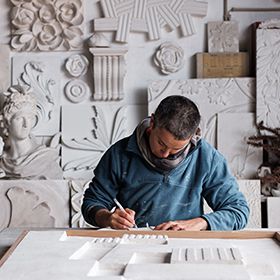
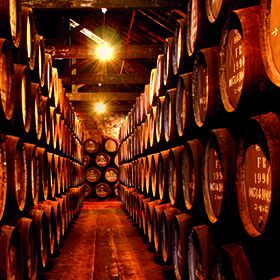
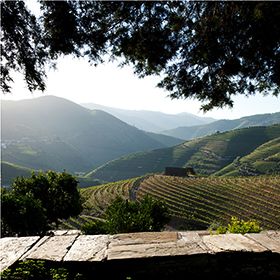
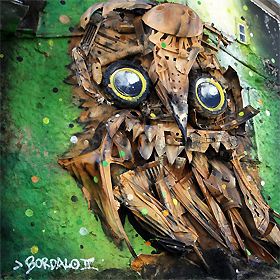
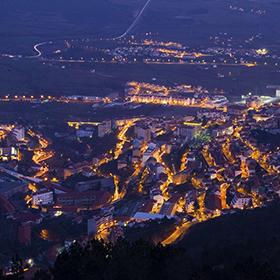
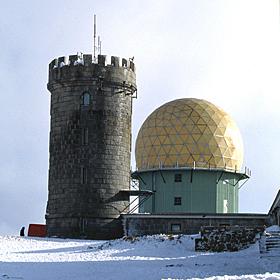
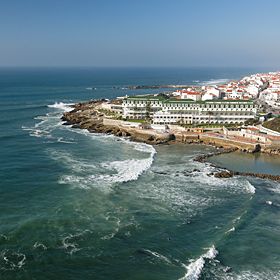
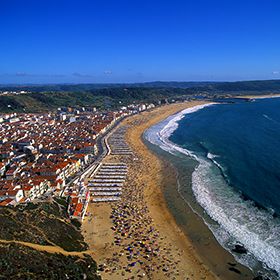
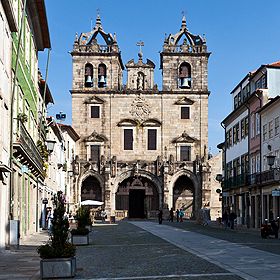
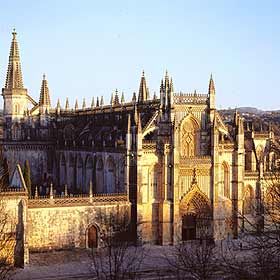
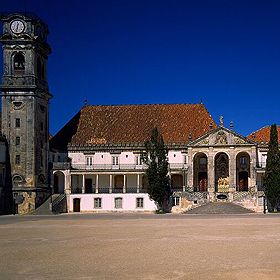
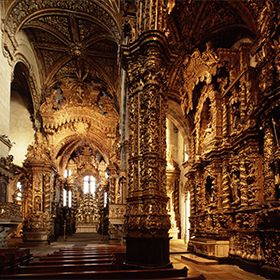
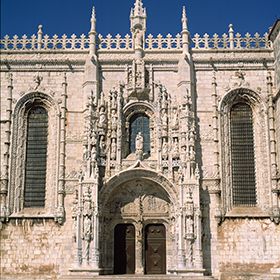
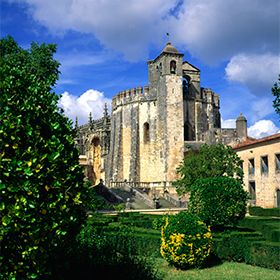
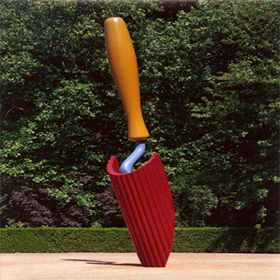
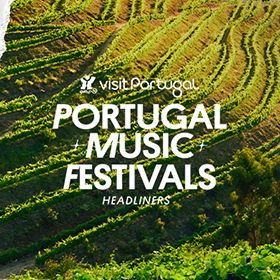
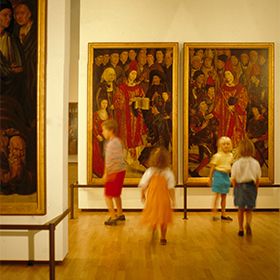
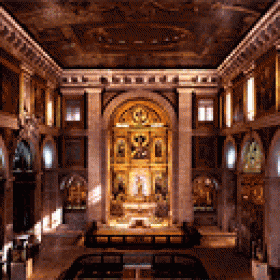
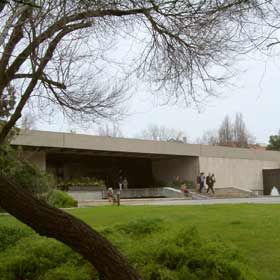
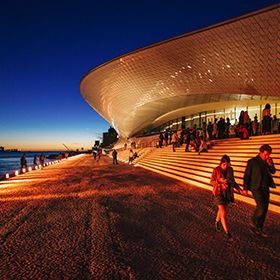


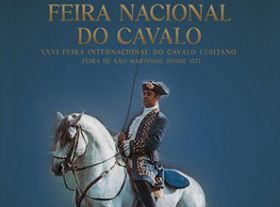
 Explore
Explore 
 Remember and Share
Remember and Share 

